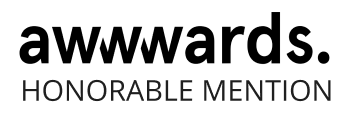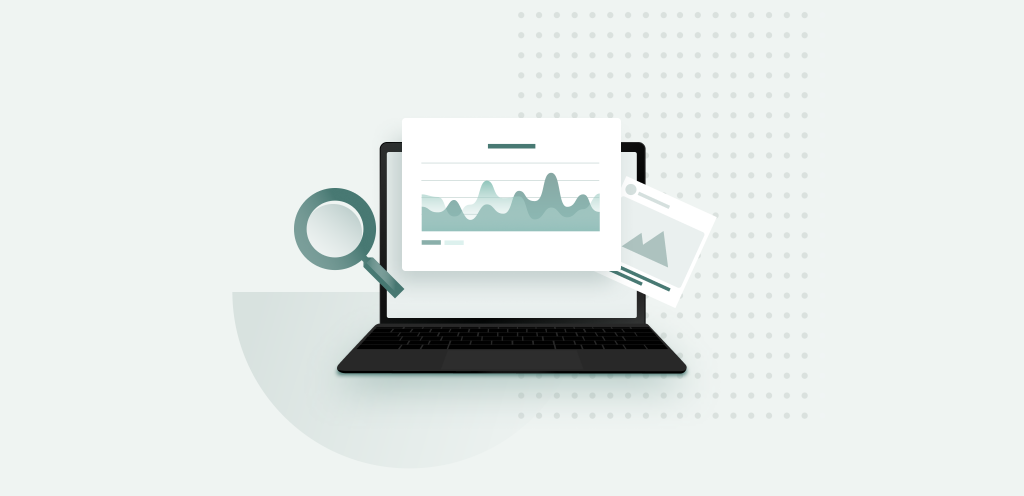So you’ve decided you want to be a digital marketer. Awesome! This field allows you to grow, evolve and become a great professional.
No doubt it is one of the professions of the future. However, it can be hard to know where to start and what path to take when choosing a career in the digital world – it is not only full of opportunities but also sometimes a little confusing and conflicting opinions can show up.
The purpose of Digital Marketing isn’t that different from traditional marketing: in simple terms, it’s about driving sales for a business. However, digital marketing does this through digital media channels, such as social media, websites, blogs or mobile apps, promoting content using a variety of strategies and tools that include Search Engine Marketing, Search Engine Optimization, Pay Per Click and Call To Action.
The Digital Marketing industry is evolving at an astonishing pace. Talking to The Economist, Raja Rajamannar, Chief Marketing and Communications Officer of Mastercard says that “there’s no such thing as prime time anymore. Every minute is prime time because customers always look at their phones and text with their friends, even when they’re watching TV.” This can be beneficial and overwhelming when it comes to choosing your career.
So, to figure out what to do next in the digital marketing field, you should be informed about your options and have a broad knowledge of what the digital world has to offer. Go a step further!
Specialist vs Generalist Digital Marketer
Working with Digital Marketing offers you a spectrum of options to choose from. Specialising as a Digital Marketer means working with a specific focus in one area. This can include SEO, PPC, email marketing or SEM, but there are many others.
On the other hand, a generalist is a digital marketer who understands the overall strategy and has experience in different areas. They can help keep teams on track, especially when launching multiple projects at once or managing multiple teams in different departments. Generalists are sometimes referred to as “unicorns” because they have a combination of skills that makes them particularly valuable.
As a specialist, you can also be a generalist – having experience across multiple areas but going into further depth in one or two specific disciplines. Specialists have a deep understanding of the area they specialise in, being experts in their field.
There’s no right or wrong way to go, but you should choose the one that suits your personality, skills, strengths and weaknesses best.
Here are some (of the many) areas of expertise included in Digital Marketing you can consider to enrich your hard skills set!
Social Media
Social media has a huge impact on the visibility of a business. Social media marketing is a great way to reach out to potential customers for a business or product by creating posts or campaigns that appear in their news feeds.
Social media advertising can help attract new customers, encourage repeat purchases from existing ones and build their loyalty, by targeting specific groups of people based on their interests and demographic information.
It’s also a great inspiring media for employer branding purposes, as you’ll probably find your next talents there, just scrolling through their feeds.
Content Marketing
Content marketing is a technique that creates and distributes content to allure, win over, and engage a determined target audience to drive profitable customer action. That means going down the funnel, becoming a lead or a deal effectively.
The objective of content marketing is to create useful information for a target audience so that they will find it helpful and/or entertaining. This can come in the form of a blog post about how to use a product/service, a tutorial on how to solve a problem or an interesting article from a user or consumer sharing their experience using or acquiring a certain service or product.
Inbound Marketing
Inbound marketing is a new way of thinking about marketing. It focuses on attracting customers to businesses by creating content that’s relevant, valuable and useful.
It’s the opposite of outbound marketing, which involves interrupting potential customers with ads or sales pitches.
Inbound marketing is also known as “pull” instead of “push” because it attracts customers through content they are actively looking for, not by pushing messages at them that they don’t want or need. We can state that Inbound Marketing is inside the universe of Content Marketing, although some authors would say they are the same thing.
Email Marketing
Email marketing is one of the most effective ways to reach customers. It’s also a great way to build a relationship with them and convert new ones.
Email marketing works well for both B2B and B2C businesses because it can be adapted to each audience’s wants and needs. This type of marketing is mostly done through newsletter subscriptions, fidelizing a potential customers and reminding them of your existence, engaging them in promotions, exclusive offers and more, instigating them to buy.
It is also important to highlight that this type of action allows you to make a very good segmentation of your audience, improving the precision of the message.
Search Engine Optimization (SEO)
Search engine optimization (SEO) is the process of improving a website’s visibility in search engine results. Once again we’ll mix the knowledge fields because SEO is the main tool for Inbound Marketing. It is its fishing net, once it defines the keywords that will be used to attract people when they type them on a Search Engine like Google, for example.
There are two main aspects to SEO: on-page and off-page.
On-page refers to things you can control directly with the website – things like the meta descriptions and titles, content quality or internal links. Off-page relates to the external factors that influence how well a site ranks for certain keywords or phrases. This includes link building and social media engagement, for example.
UX and Design
UX design is a digital marketing strategy that helps companies create products and services that are more user-friendly.
UX design focuses on the user experience instead of the business goals. That means UX design analyses how people interact with a product or service and then makes adjustments based on those findings.
If you’re designing a website, you want to know what your users want from it. This varies according to the brand you are building the website for, their target audience, what they want to achieve with it, and so on. After having the answers to these questions, you’d then run tests to see how they interact with the site and make changes based on that. So basically we can state that UX Design is absolutely customer-focused.
There are a lot of other areas, apart from the ones mentioned, you can specialise in. The bottom line is: that it’s your choice whether you want to work in a specific digital marketing branch or have a skillset that touches a bit of everything.
It’s very important to outline the course of the career you want to pursue and, above all else, develop hard and soft skills that will make you a good professional, regardless of what you’re working with.
Weight the pros and cons and find the best fit for you as a digital marketer!
If you want to know more about specialists and generalists, do check the following websites:






